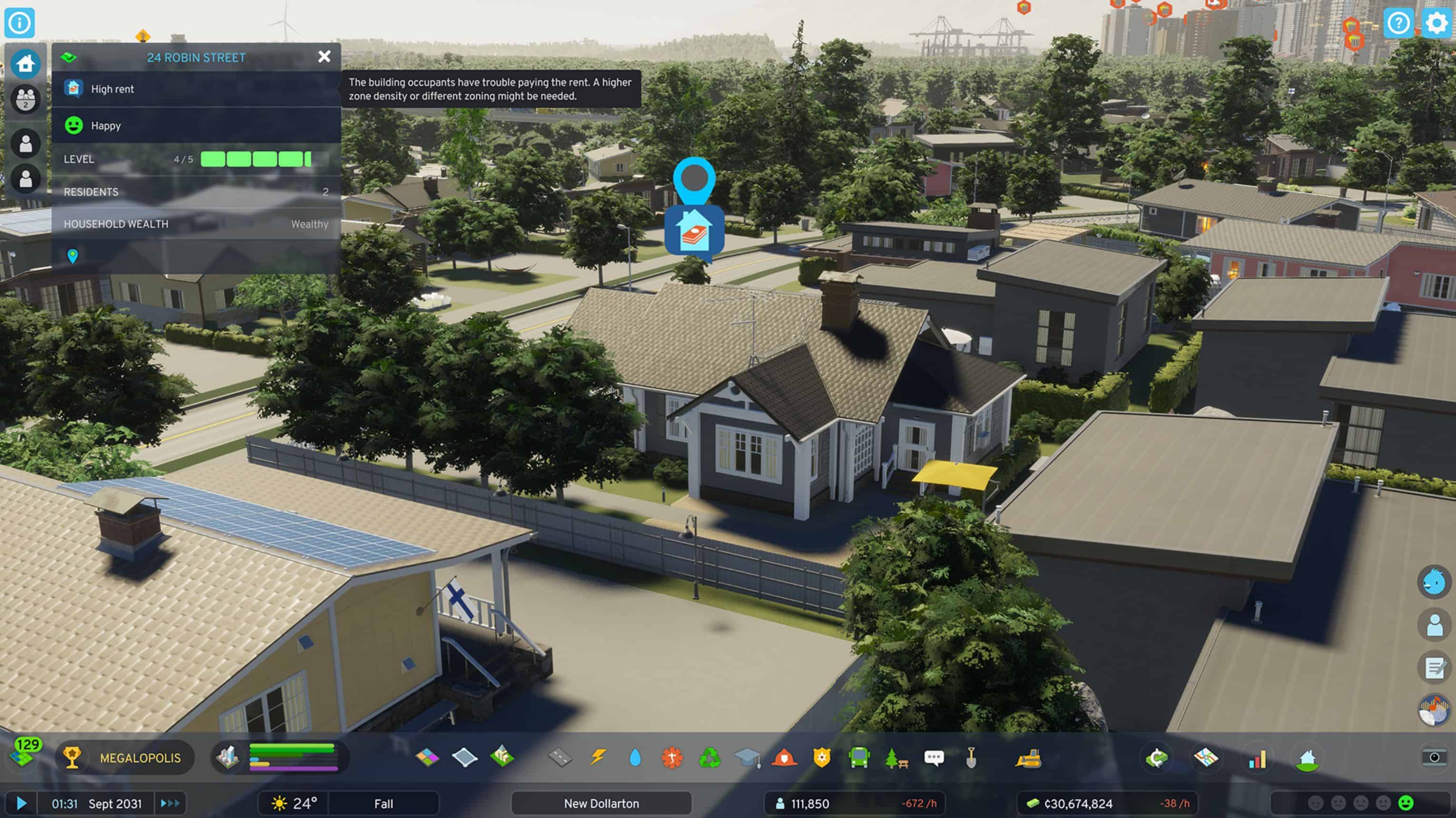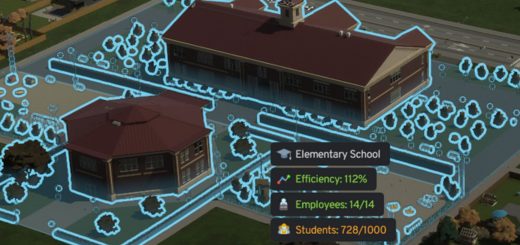Cities Skylines 2: Households
Households prioritize residences situated conveniently near workplaces, schools, and recreational areas. Larger families gravitate towards more spacious accommodations typically found in low to medium density residential zones, whereas smaller families often opt for compact units in high-density or affordable housing districts.
Proximity to employment is paramount for households, aiming to minimize commute expenses and time. When seeking jobs, the compatibility of education levels is taken into account, favoring positions that align with an individual’s qualifications. Moreover, firms with a higher vacancy rate are more appealing than those with limited openings, ensuring a balanced workforce distribution. The same principle applies to leisure and shopping; citizens prefer minimizing travel time to maximize their activity duration. Families with school-going children prioritize proximity to primary schools, given that all children attend school if available in the city.
When a household’s resources deplete, the AI recognizes the need for shopping. It evaluates the preferences of household members and selects a product aligned with their inclinations. A member is then dispatched to a store offering the chosen product, finalizing the purchase. Upon transaction completion, the product is added to the household’s inventory.
Each decision aims to boost household contentment. The aptness of a residence is assessed based on various parameters: travel costs to diverse destinations, remaining leisure time post-work and commuting, residual funds after covering expenses, and the availability of requisite services. If a household struggles financially and can’t cover rent and maintenance costs, they scout for alternative affordable accommodations. The assessment again revolves around the aforementioned factors to ensure an optimal living environment and happiness. Relocating outside the city is an option, albeit less likely compared to local moves. If dire circumstances render a household financially insolvent, making both relocation and city exit unfeasible, they face homelessness. Such individuals might find temporary refuge in city parks until their circumstances shift.







thx you